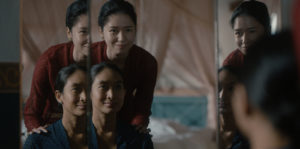
Author Ahad Imran adapts her novel Before, Now & Then with writer-director Kamila Andini. Taking place roughly ten years after the Inodsenian Civil War left millions dead, the drama is an elegant look at grief, moving on, and the ways the past can still haunt those left behind. Recalling the Ivory And Merchant productions of yesteryear, the film’s about a stifled character but never becomes stifling.
Nana (Happy Salma) grieves the death of her husband, Icang (Ibnu Jamil), during General Suharto’s violent coup. She’s forgetting what he looked and smelled like, which frightens her. Complicating matters even more is that Nana and her beloved spouse have just had a baby. All this hardship serves as the filmmaker’s way to ensure viewers understand the lead’s fragile mental state. Most of the narrative catches up with Nana after she’s remarried Darga (Arswendy Bening Swara), a rich plantation owner.
It seems he married her for the convenience and appearance of it all, as Darga regularly receives lunch invitations from another woman. Due to her traumatic past, Nana places great emphasis on the finer things in life and presenting well socially. She’s attentive to her four children and ensures the house’s maids keep everything shipshape. After meeting her husband’s latest mistress, Ino (Laura Basuki), Nana doesn’t seek vengeance. Instead, she befriends the lady, and soon, they bond over their shared woes. Of course, the ghost of Icang looms large over Nana’s daily existence.
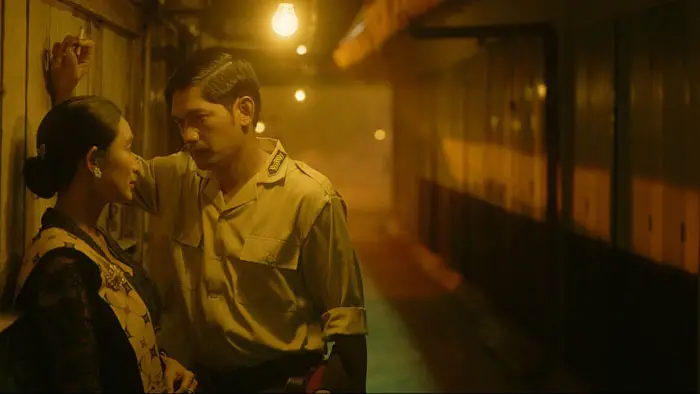
“After meeting her husband’s latest mistress, Ino, Nana doesn’t seek vengeance.”
Before, Now & Then is a measuredly paced affair. There’s not much in the way of momentum until Nana meets Ino. Before that, Andini places the camera as an omnipresent observer of the protagonist and how she conducts herself after Icang’s death. As such, it stands to reason that Nana’s arc must be subdued until she makes certain revelations on her own. Without giving much away, the ending works beautifully and will leave audiences happy for Nana.
Salma gives a nuanced performance, letting the character’s inner turmoil boil just beneath the surface in most scenes. Basuki is also charming, so audiences never feel disgusted at her behavior with a married man.
Before, Now & Then will turn off potential audiences who want constant action and mayhem with lots of CGI flash. But if one is looking for a nuanced, dramatic look at an underrepresented time in history as told by an underrepresented group in cinema. It’s beautiful and heartbreaking in equal measure.
For more information, visit the Before, Now & Then Film Movement page.
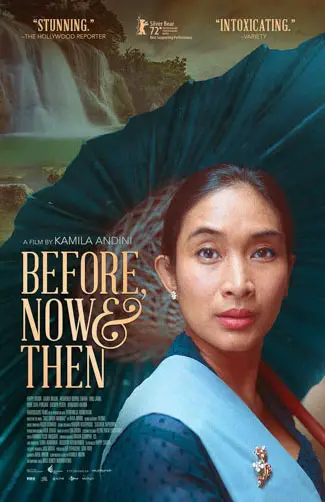
"…beautiful and heartbreaking in equal measure."
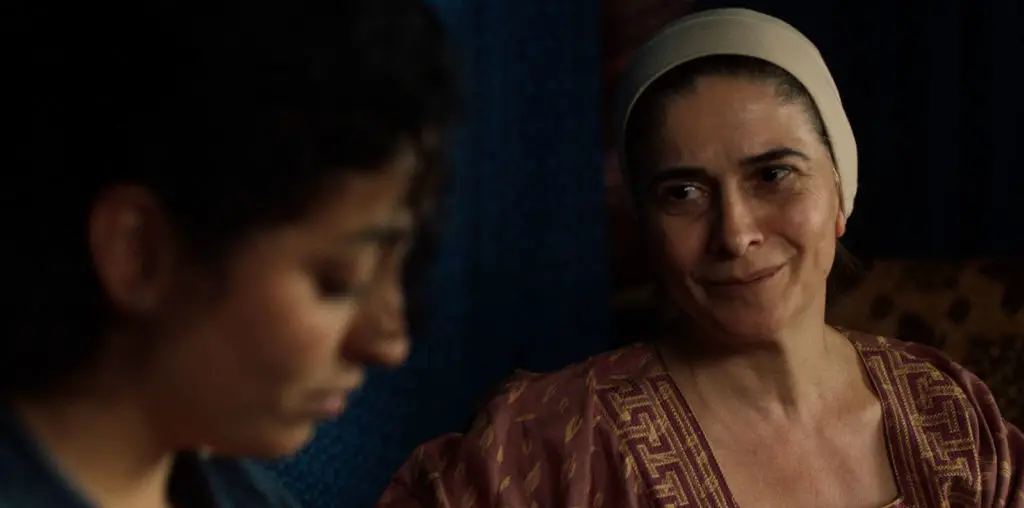
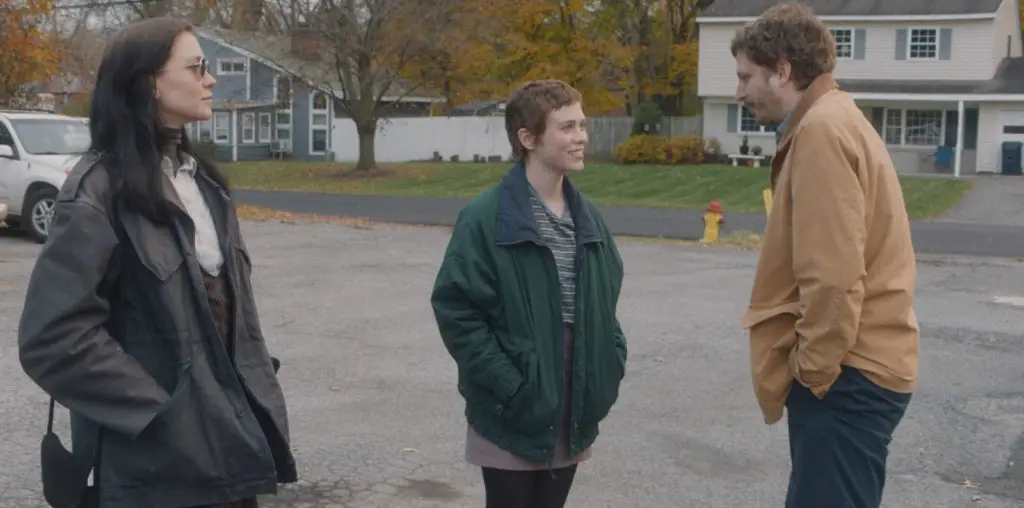
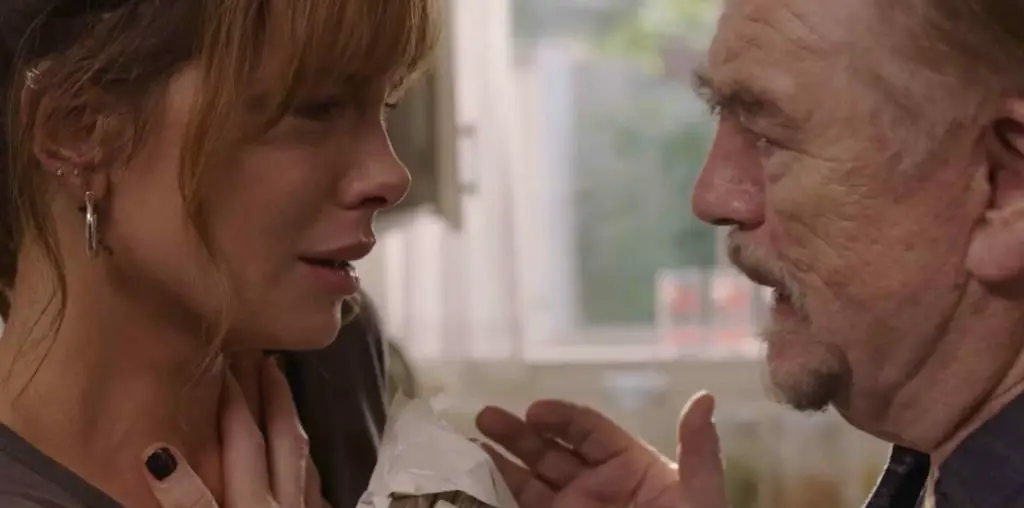
[…] Disclaimer: This story is auto-aggregated by a computer program and has not been created or edited by filmibee.Publisher: Source link […]